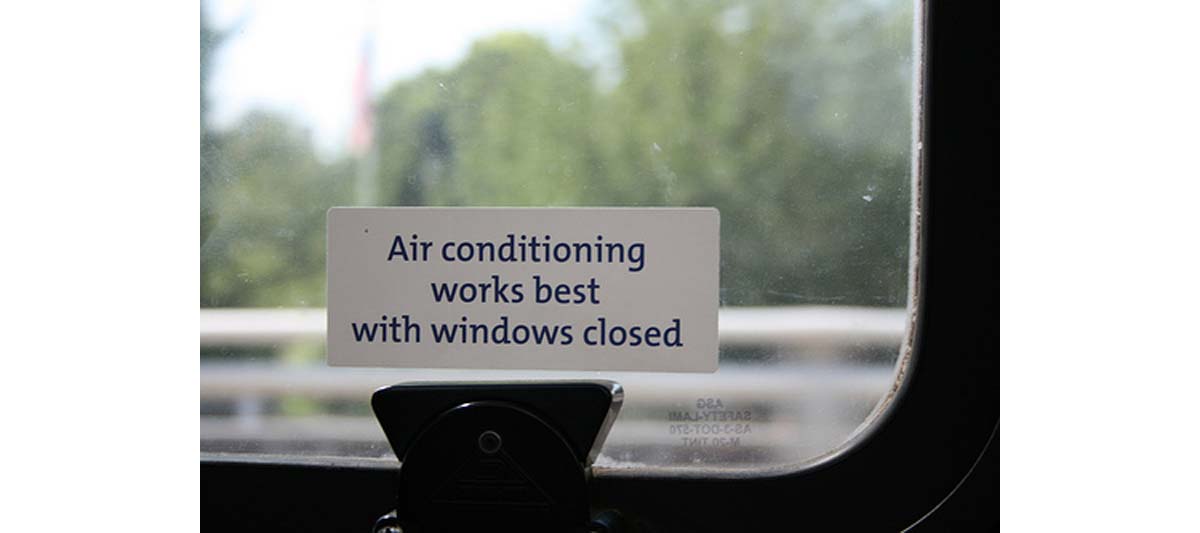Table of Contents
Air conditioners save lives, especially as the summer time has been getting way hotter over the past couple of years. Many areas — like North America and Europe — are known to experience at least a temperature of 104° F and sometimes a lot more. Without air conditioning that could be lethal.
This may make it seem like air conditioning is really good, yes, it may be great for the hot summer days, but is it exactly healthy? It turns out it may not be.
Lack of air conditioning can be a death sentence
Summer days have gotten increasingly hot in places like Dallas, Texas, for instance, where people are prepared for temperatures of at least 104° F (40° C) and even much higher, already five people have died from the summer heat. In Philadelphia, the figure is even higher, 25. However, in places that have little or no summer cooling at all, however, the effects of summer heat are almost unimaginably devastating.

Air conditioning can be a life or death necessity for some people. But it can also be a source of minor illness for many others, especially the most vulnerable who need cooling the most. People who spend most of the summer in air conditioned homes and offices, could face health consequences. The researchers at Cardiff University in Wales and the New York University Langone Medical Center tell us, are at increased risk for colds and other upper respiratory infections in summer months.
Colds Not Caused By Cold
Repeated exposure to cold air after coming in from severe heat is not, Dr. Ujwala Kaza at New York University is quoted as telling the New York Times, the cause of summer colds. Summer colds are caused by colds viruses, just as are winter colds. Air conditioning, however, makes infection more likely.Increased rates of upper respiratory infection in air conditioned offices is a well known phenomenon. A study published in 1998 in the journal International Archives of Occupational and Environmental Health found that "sick building syndrome," which the authors interpreted as the use of air conditioning rather than natural ventilation in offices in northeastern France, could triple the number of summer colds among office workers. A study published in 2004 in the International Journal of Epidemiology, found that women who work in air conditioned offices in Paris saw doctors about colds and flu more often and also had more skin problems.
One reason for increased infection in air conditioned homes and offices is very simple. The process of cooling air dries it out.
Lower humidity in homes and offices dries out the sinuses, nasal passages, and throat. Tiny fissures open in the mucous membranes as they lose moisture, providing easy entry to viruses and bacteria, and reducing circulation of the bloodstream and immune system to fight infection.
Also, dirty filters can harbor the viruses that cause colds. Researchers at the Harvard University of Public Health have found that as the carbon dioxide content of the air inside an air conditioned building increases, more and more rhinoviruses survive in the air. Clean filters admit more oxygen from outdoors to fight the virus, while dirty filters provide just enough of an air barrier to keep the virus healthy and infectious.
- O'Connor A, Really? The Claim: Air Conditioning Can Cause Colds, New York Times, 25 July 2011.
- Preziosi P, Czernichow S, Gehanno P, Hercberg S. Workplace air-conditioning and health services attendance among French middle-aged women: a prospective cohort study. Int J Epidemiol. 2004 Oct, 33(5):1120-3. Epub 2004 Aug 19.
- Teculescu DB, Sauleau EA, Massin N, Bohadana AB, Buhler O, Benamghar L, Mur JM. Sick-building symptoms in office workers in northeastern France: a pilot study. Int Arch Occup Environ Health. 1998 Jul, 71(5):353-6.
- Photo courtesy of Atomic Taco on Flickr: www.flickr.com/photos/atomictaco/3760550287/

